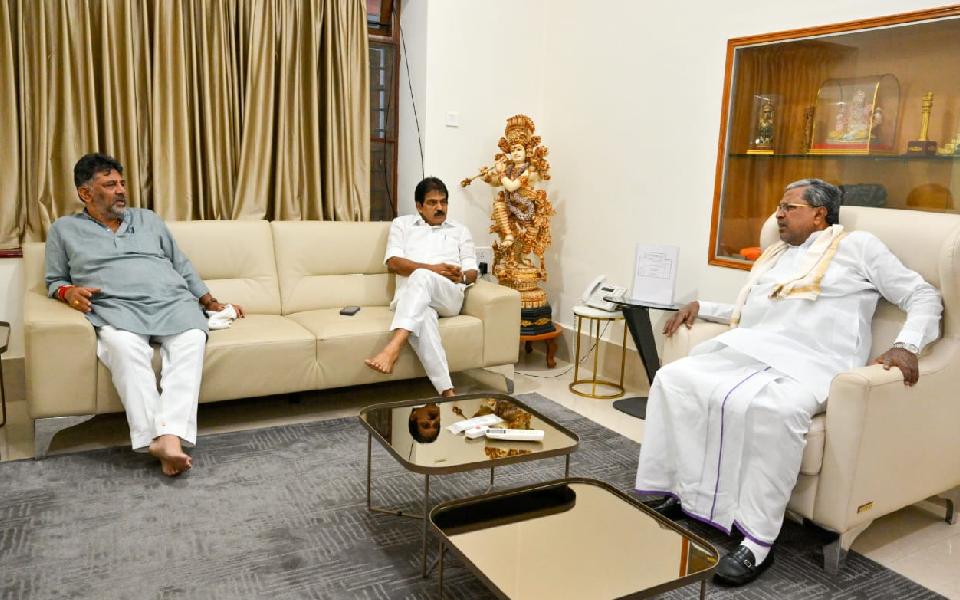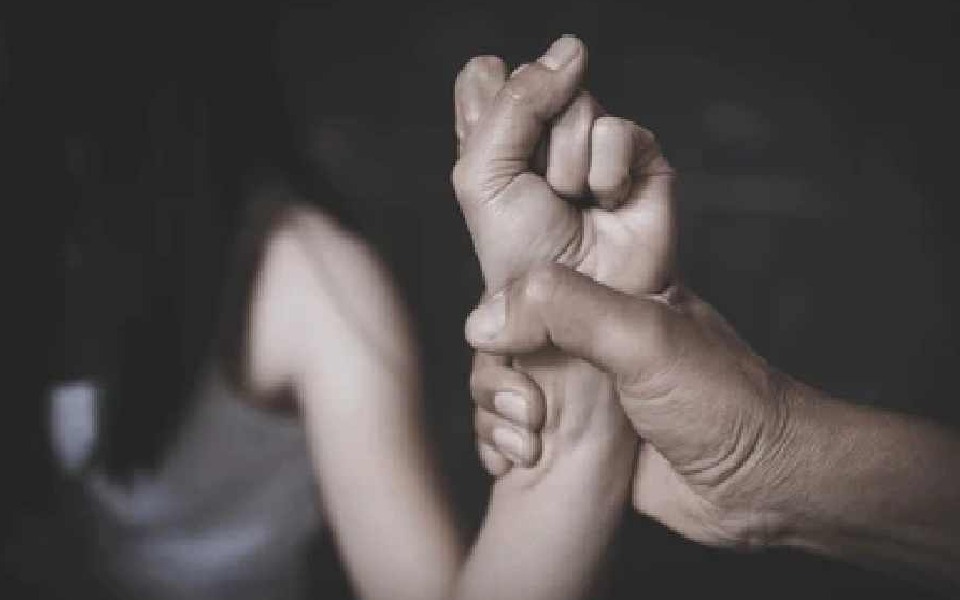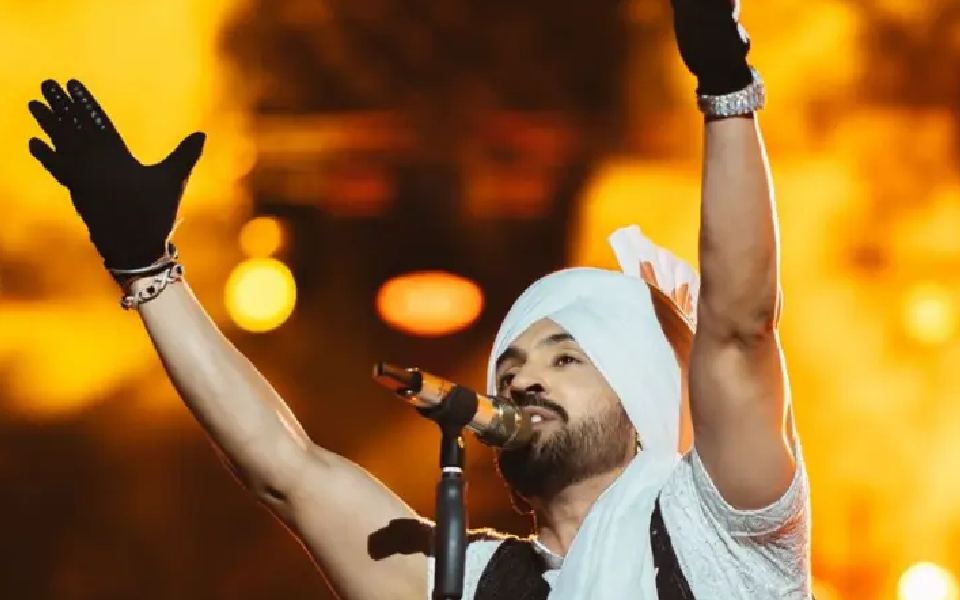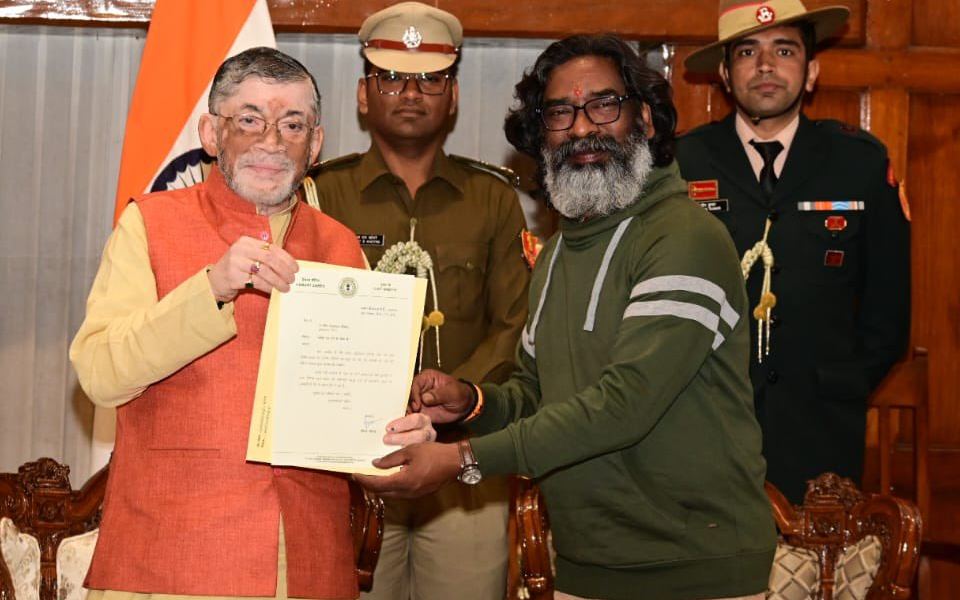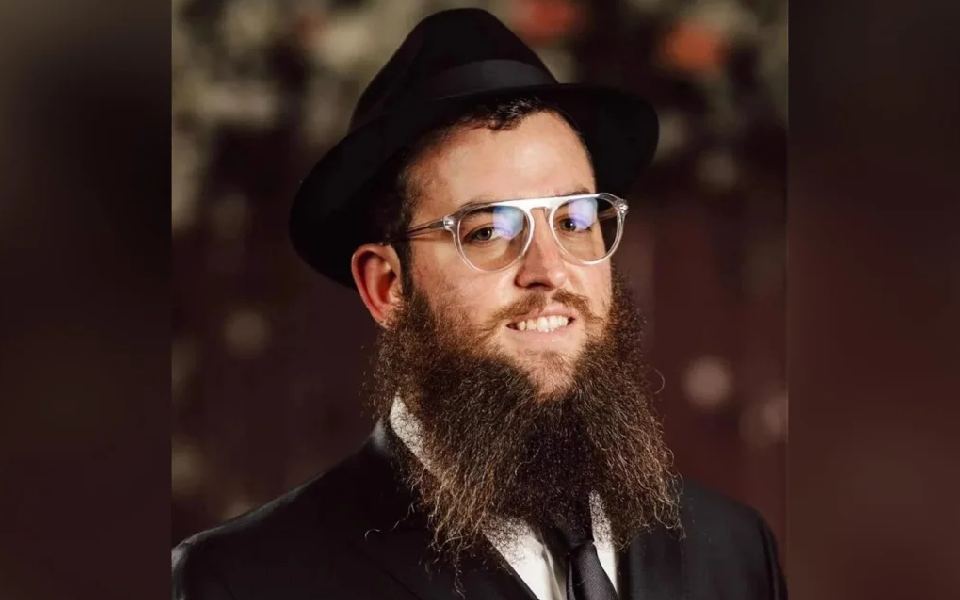Bengaluru, Oct 16: Congress general secretary (Organisation) K C Venugopal on Wednesday held discussions with Karnataka Chief Minister Siddaramaiah and Deputy Chief Minister D K Shivakumar, who is also the party's state President, here.
The meeting gains significance as Siddaramaiah is facing demands for his resignation from opposition parties following charges in the MUDA site allotment case.
There have also been behind-the-scenes political activities within the ruling Congress in recent weeks, with a few Ministers in Cabinet holding closed door meetings, fueling speculation about leadership change.
It has also come at a time when the party prepares for the November 13 by-polls for three Assembly seats -- Sandur, Shiggaon and Channapatna.
"Had a discussion today with AICC General Secretary (Organisation) and dear friend, @kcvenugopalmp, during his visit. Appreciative of the insights and continued support in shaping our collective efforts," Siddaramaiah posted on 'X'.
Shivakumar posted, "Had a purposeful meeting with AICC General Secretary Shri. @kcvenugopalmp alongside CM Shri. @siddaramaiah at the CM residence today, as we spoke at length about various regional and national issues."
According to some reports, the Congress high command through Venugopal had recently asked Siddaramaiah and Shivakumar to end the "flutters" about the change in leadership, while expressing displeasure over statements being made by a few ministers and some of them holding separate meetings.
Earlier in the day, Shivakumar said Venugopal, who heads the Parliaments' Public Accounts Committee (PAC), is visiting the city to attend a PAC related meeting. "We will meet him in the evening... he is our leader."
Had a discussion today with AICC General Secretary (Organisation) and dear friend, @kcvenugopalmp, during his visit. Appreciative of the insights and continued support in shaping our collective efforts. pic.twitter.com/sIGHHB5Ziv
— Siddaramaiah (@siddaramaiah) October 16, 2024
Let the Truth be known. If you read VB and like VB, please be a VB Supporter and Help us deliver the Truth to one and all.
Raisen (MP), Nov 24: A 15-year-old girl was allegedly raped by a truck driver while his two associates restrained the teenager’s male friend in Madhya Pradesh’s Raisen district, an official said on Sunday.
Police have arrested two persons, including the truck driver, in connection with the alleged crime committed in Siyarmau forest on Silwani-Sagar Road, some 110 km from the district headquarters, on Saturday evening, he said.
The teenager and her 21-year-old male friend were returning after visiting the Vandevi temple in the area when they parked their two-wheeler and entered the forest, said Silwani’s Sub Divisional Officer of Police (SDOP) Anil Maurya.
At the same time, a truck broke down following which its driver, later identified as Sanju Adivasi (21), and his two friends also went inside the forest, where they spotted the girl and her friend.
The trio thrashed the young man and snatched the key of his motorcycle, he said, citing the FIR.
The driver took the girl deep inside the forest and allegedly raped her, while his associates restrained her friend, the official said.
After the three accused left, the girl and the youth walked to the road and alerted some policemen who were passing by.
Police registered a case against Sanju Adivasi and his associates Shivnarayan Advasi and Akshay Ahirwar under Bharatiya Nyaya Sanhita sections 64 (rape), 70-1 (gang rape) and the Protection of Children from Sexual Offences (POCSO) Act, he said.
Sanju and Shivnarayan have been arrested, while Ahirwar is on the run, the official said.

